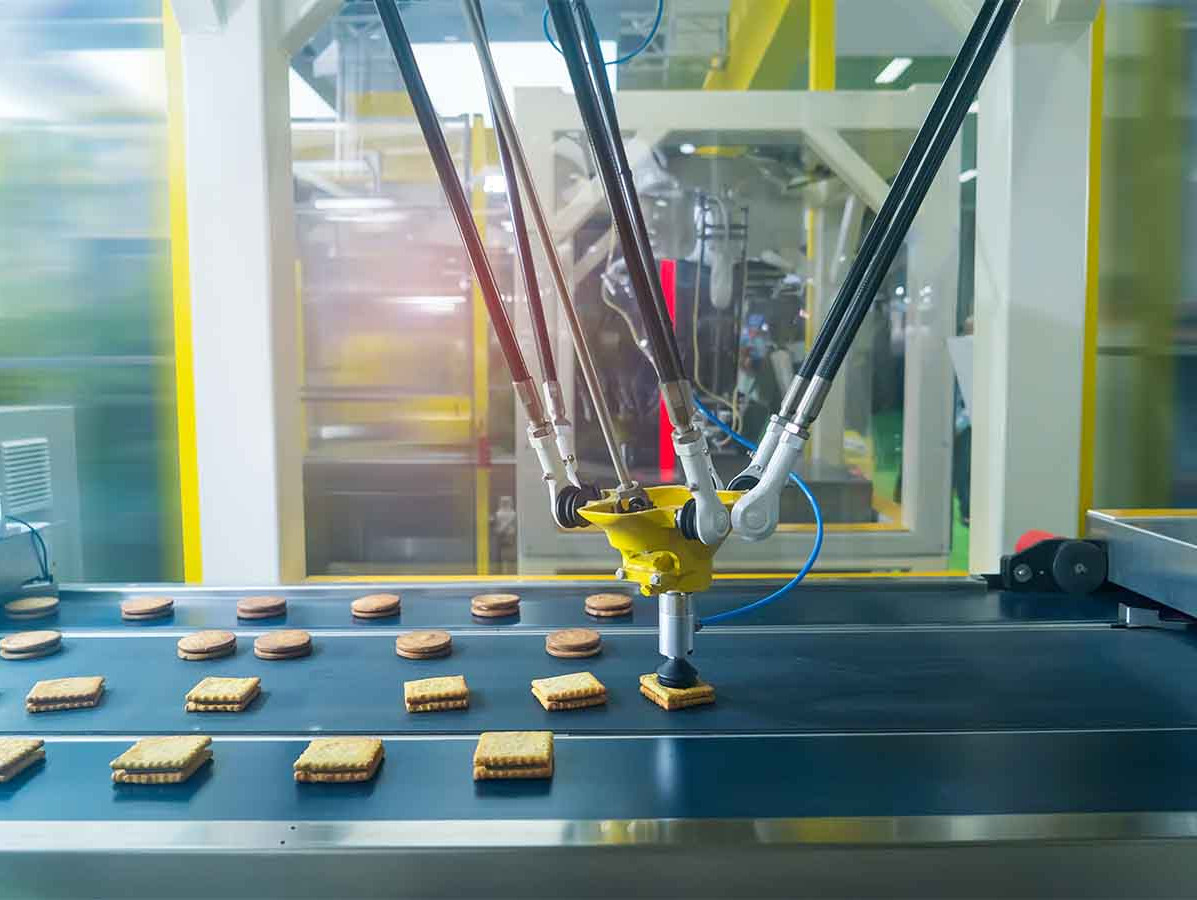
Progress is fundamental. In the Dutch food industry, there's an escalating demand for technological innovations. Why? Because the high labor costs in the Netherlands necessitate efficient business operations. With over half of our food production destined for export, it's crucial to maintain our competitive edge. Additionally, recent data from the CBS (Central Bureau of Statistics) indicates a tight labor market, highlighting technology investments as a frontline solution.
However, these technological advancements come with their challenges. Despite the evident need for automation and robotization, research shows that the food industry has been somewhat hesitant with its investments, which have even declined in recent years.
Robotization presents numerous benefits: it reduces labor-intensive and repetitive tasks, ensures heightened safety during production, and aids in maintaining competitive prices for European consumers. Technology thus plays a pivotal role in achieving peak efficiency, especially considering external pressures like rising energy costs and food price inflation.
Ceel Elemans, ING Sector Banker for Food, emphasizes that optimizing business processes is no simple feat but is vital for the future. Food companies are urged to routinely assess and refresh their operations, keeping both current and prospective logistic flows in mind.
For genuine success in the sector, here are three core recommendations for entrepreneurs:
In conclusion, for a future-proof Dutch food industry, it's paramount to embrace technological innovations, invest in employee training, and prioritize sustainability in business operations.
Photo: ©asharkyu/Shutterstock.com
Source: ING